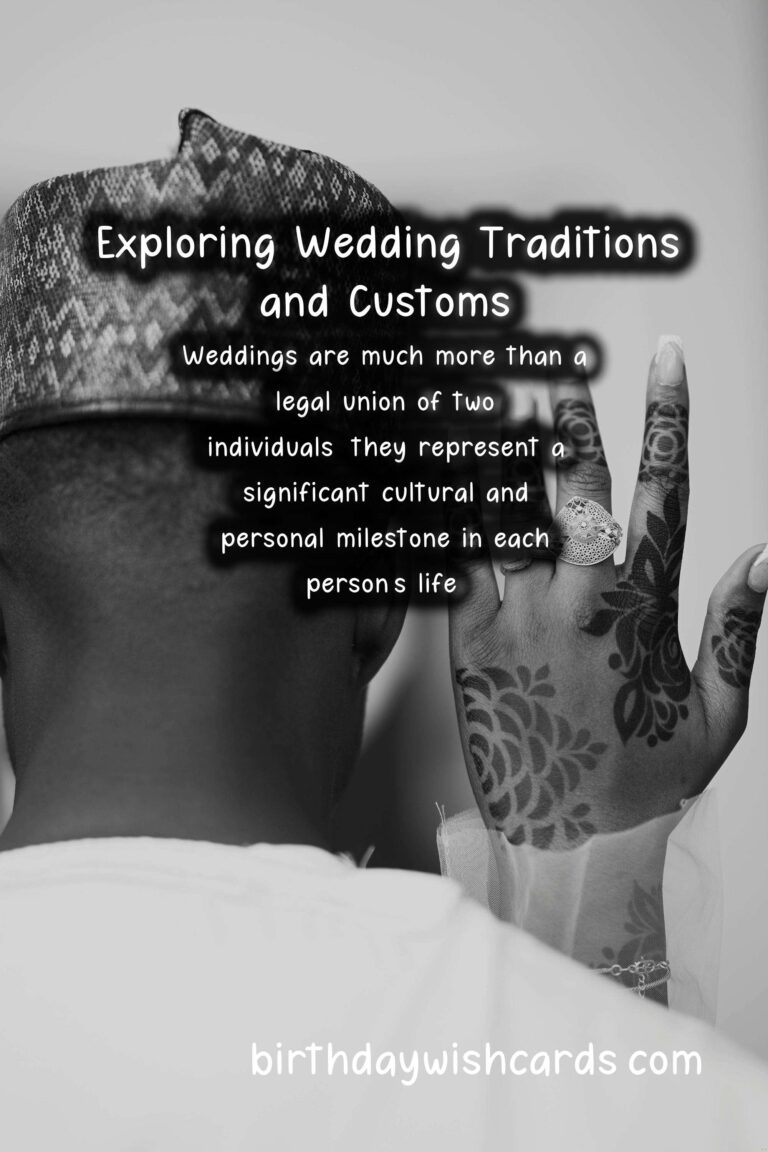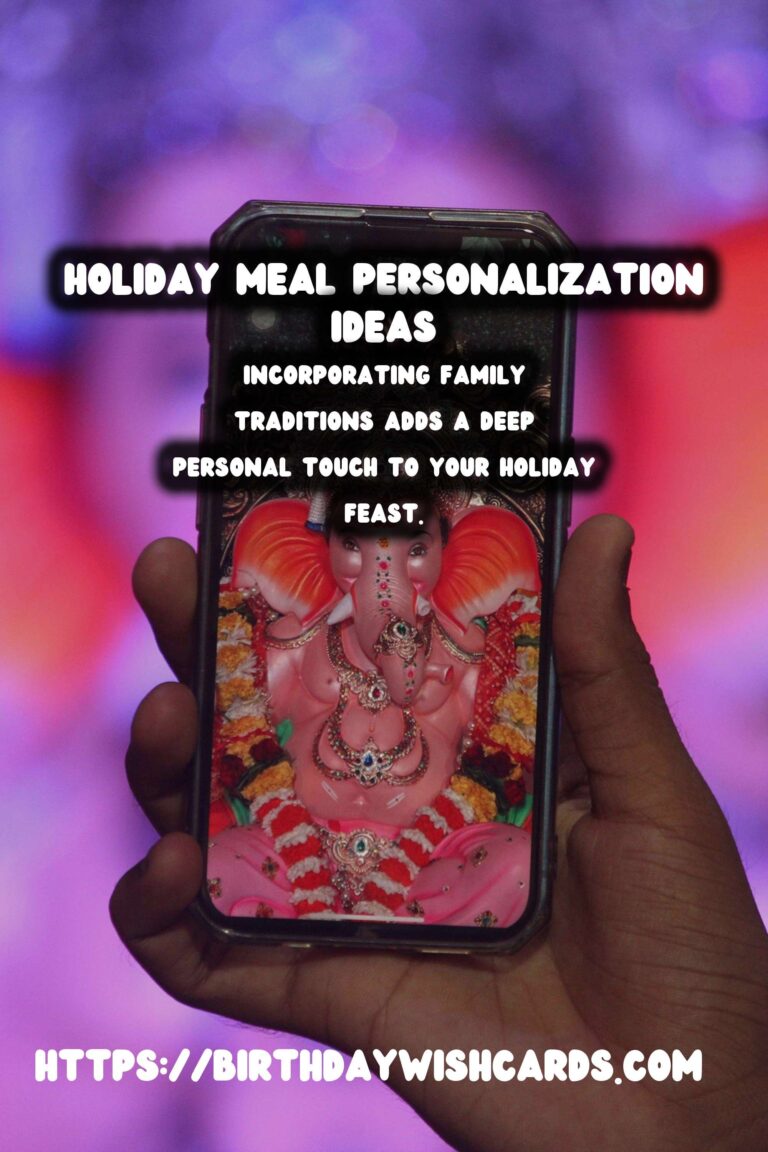How to Plan Cultural Events That Are Unique
How to Plan Cultural Events That Are Unique
Cultural events are integral to the fabric of society, allowing people to come together, celebrate, and appreciate diverse traditions and innovations. Whether you are a community leader, a business owner, or a cultural enthusiast, organizing a unique cultural event can be a daunting yet rewarding task. In this guide, we will walk you through the essential steps to plan cultural events that stand out and leave a lasting impression.
Understanding the Essence of Cultural Events
Cultural events can take many forms, including festivals, exhibitions, workshops, or performances. To ensure your event is unique, it’s crucial to understand the cultural elements that resonate with your audience. The event should reflect the values and heritage of the community it represents.
Step 1: Define Your Objectives
What is the purpose of your event? Defining clear objectives will guide your planning process. Are you looking to promote cultural awareness, celebrate a specific tradition, or provide a platform for local artists? Your goals will shape the event’s theme, activities, and marketing strategy.
Step 2: Conduct Research
Before diving into the planning, conduct thorough research. Explore different cultural events similar to what you envision. Identify what makes them unique and successful. Additionally, survey your target audience to gather insights about their preferences and interests regarding cultural events.
Step 3: Create a Theme
Every memorable event has a distinct theme that ties everything together. The theme should reflect the cultural elements you want to emphasize. Consider factors like local history, art, music, and cuisine as you develop your theme. A strong theme will guide your choices in decor, activities, and marketing.
Step 4: Assemble a Diverse Team
A successful cultural event requires collaboration. Assemble a diverse team that brings various skills and perspectives to the table. Include individuals from different cultural backgrounds to ensure representation and authenticity in your event planning.
Step 5: Budgeting Wisely
Every event requires a budget. Outline your estimated costs, including venue rental, permits, marketing, entertainment, and supplies. Seek sponsorships, partnerships, and grants that align with the ethos of your event to help alleviate financial constraints.
Step 6: Venue Selection
The choice of venue can significantly impact your event’s success. Look for a location that resonates with your event’s theme and can comfortably accommodate your expected attendees. Consider outdoor spaces, community centers, or local parks that lend themselves to a cultural atmosphere.
Step 7: Programming Activities
Your event should offer engaging and interactive activities that celebrate culture. Consider incorporating workshops, live performances, interactive exhibits, and food tastings. Engage local artists, performers, and chefs to add authenticity and promote local talent.
Step 8: Marketing Your Event
A unique cultural event deserves effective promotion. Use social media platforms, local newspapers, community boards, and word-of-mouth to spread the word. Emphasize the uniqueness of the event in your marketing materials to attract a larger audience.
Step 9: Incorporating Feedback
Once your event concludes, gather feedback from attendees and participants. This valuable information will help you assess what worked well and what can be improved for future events. Continuous improvement is the key to creating unique and memorable cultural experiences.
Step 10: Creating Lasting Connections
Cultural events are not just about the moment but about creating connections that last beyond the event. Encourage attendees to share their experiences and maintain engagement through follow-up events or social media interactions.
Conclusion
Planning a unique cultural event requires creativity, collaboration, and a deep understanding of your community’s cultural tapestry. By following these steps, you can create an unforgettable experience that not only celebrates culture but also fosters connection and community spirit.
Cultural events are integral to the fabric of society, allowing people to come together, celebrate, and appreciate diverse traditions and innovations.
To ensure your event is unique, it’s crucial to understand the cultural elements that resonate with your audience.

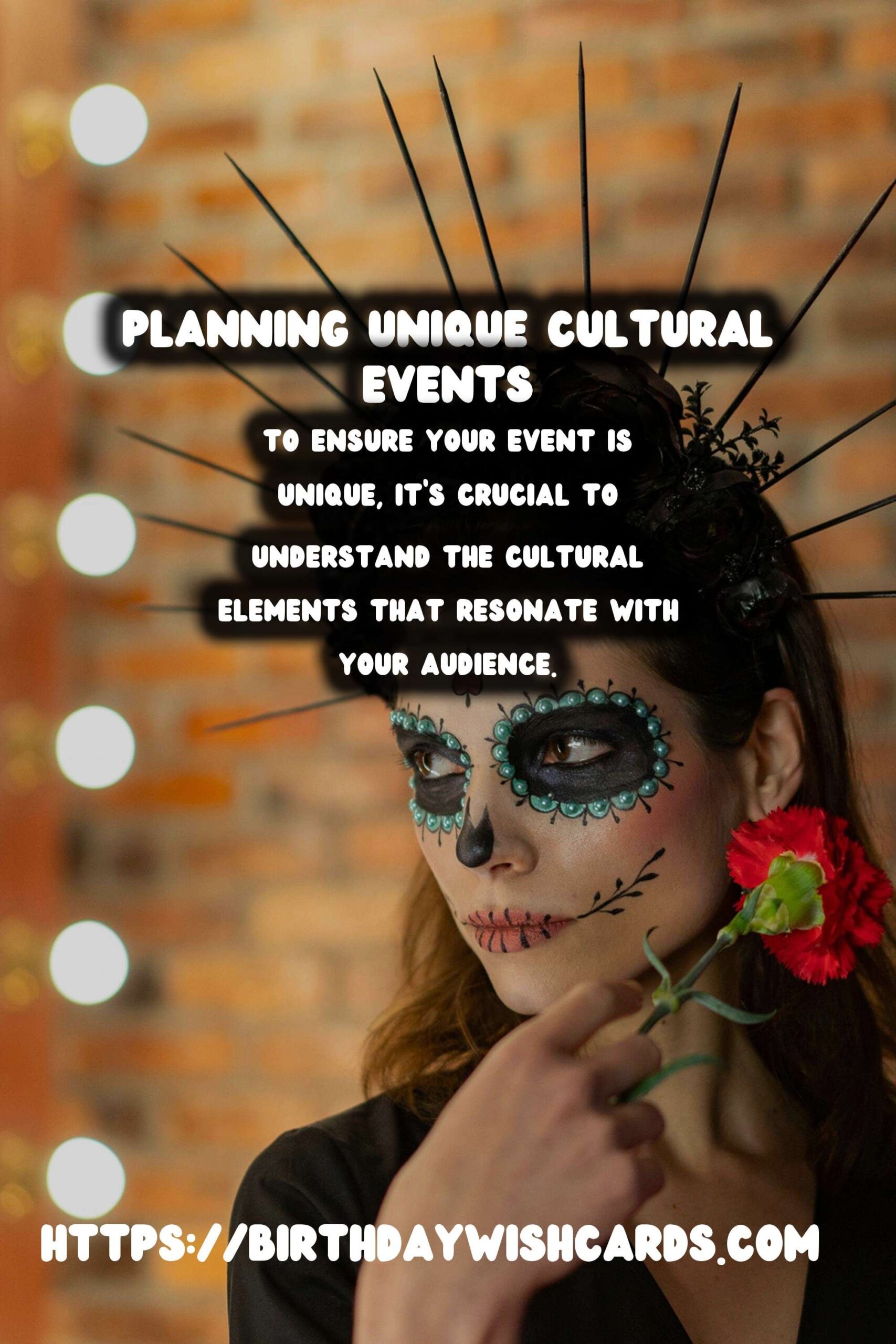

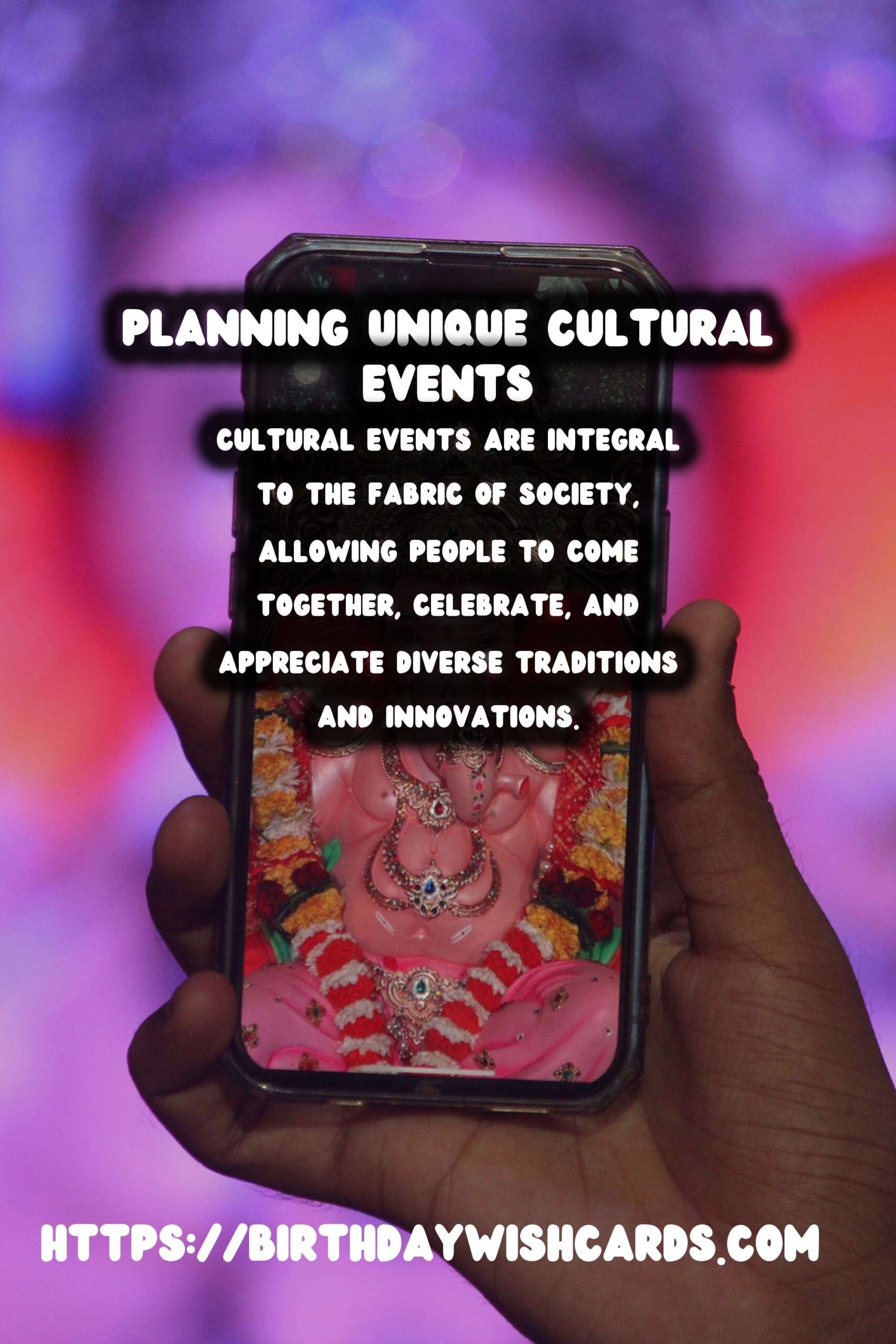

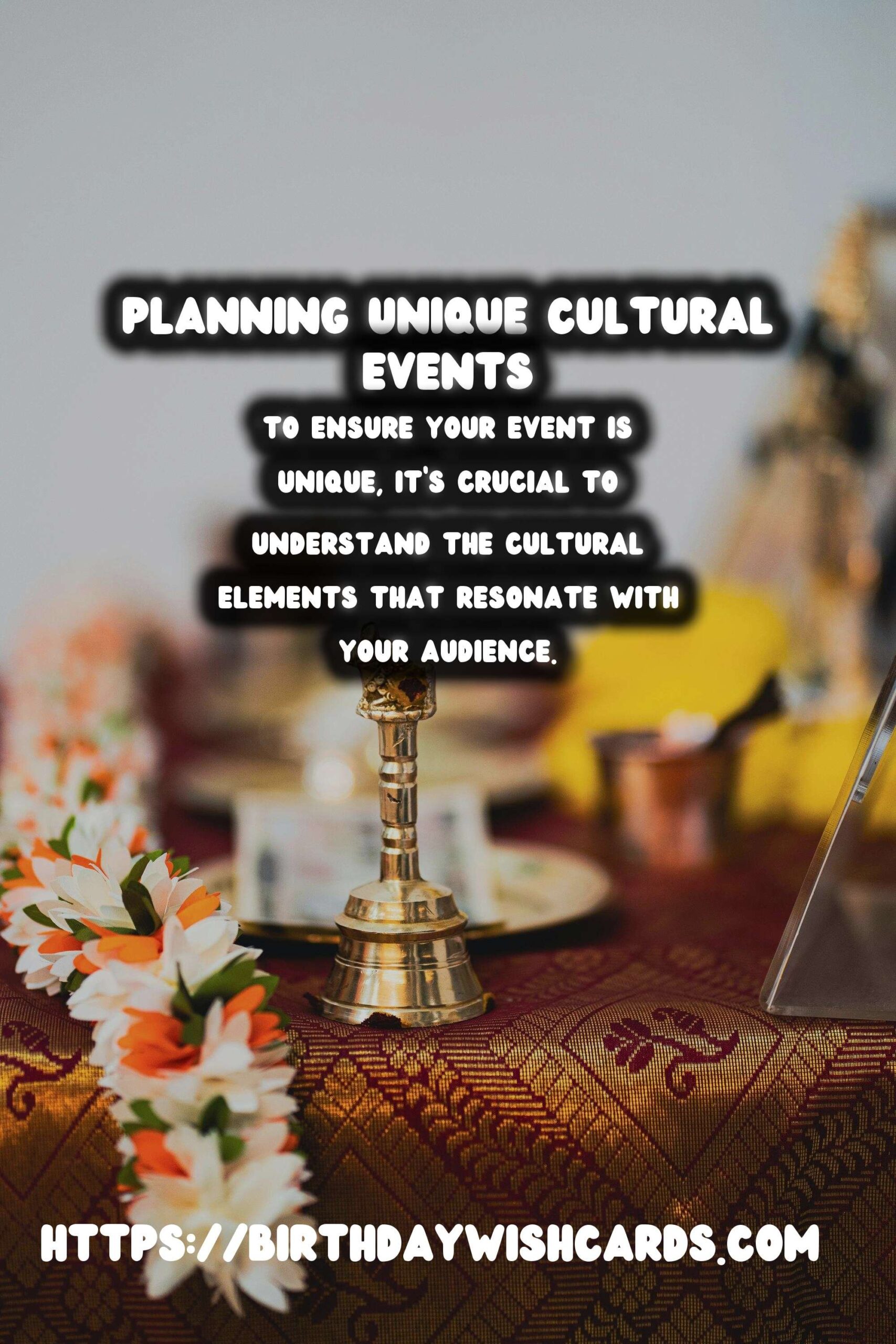

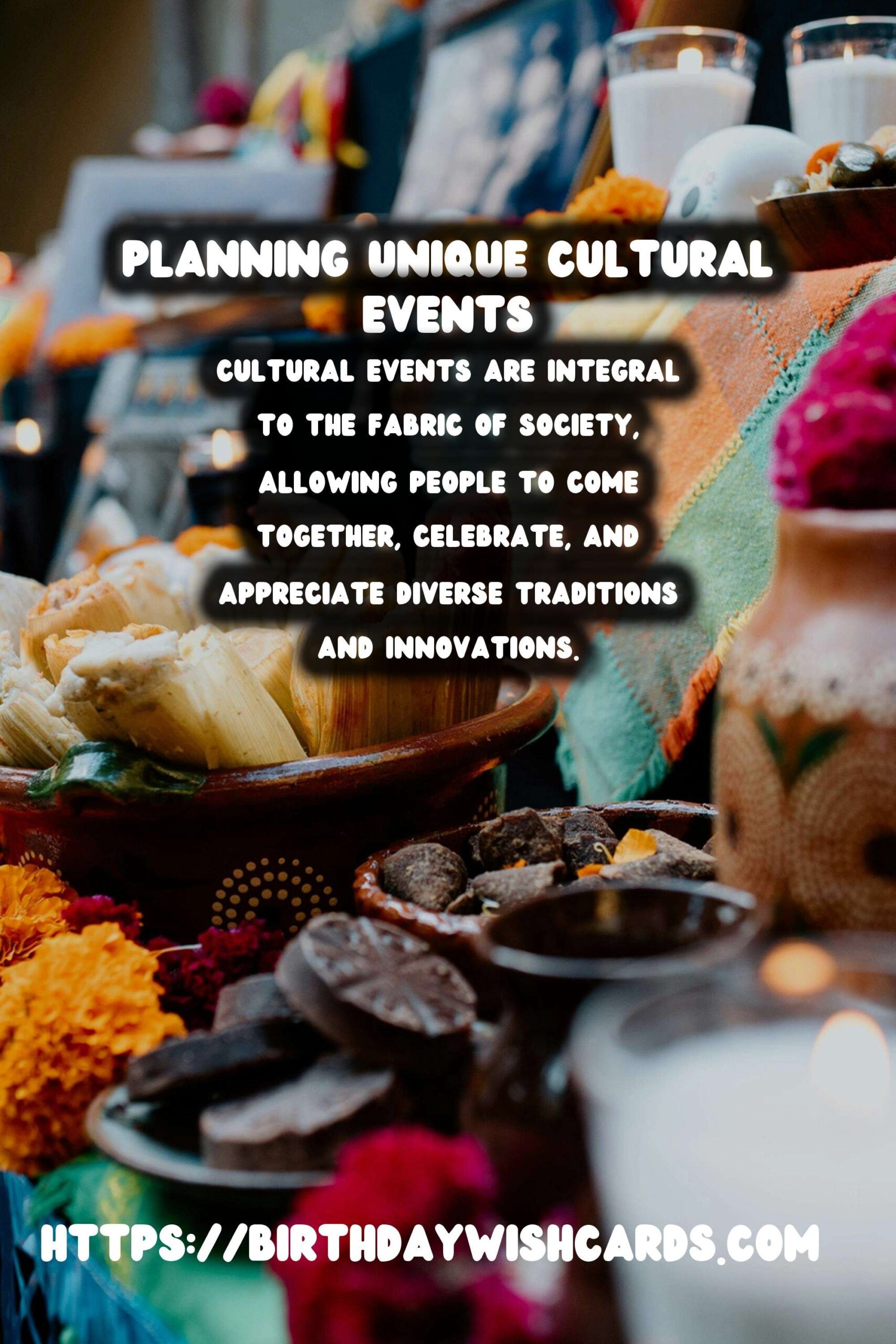


#CulturalEvents #EventPlanning



